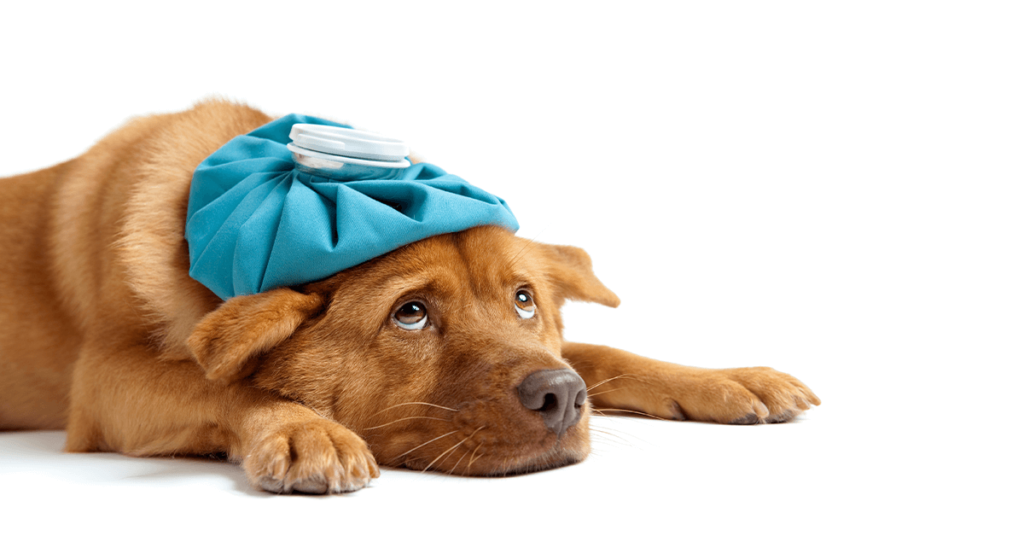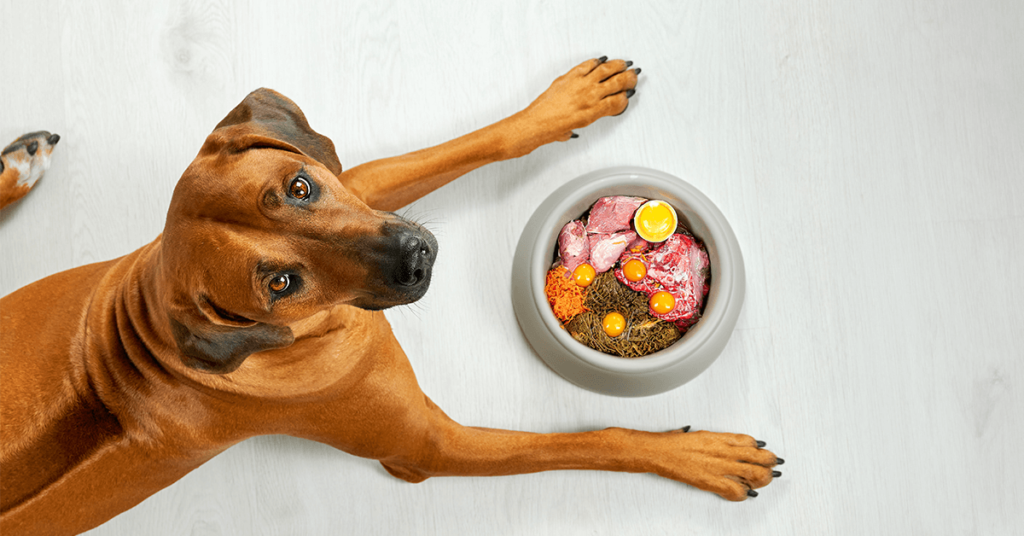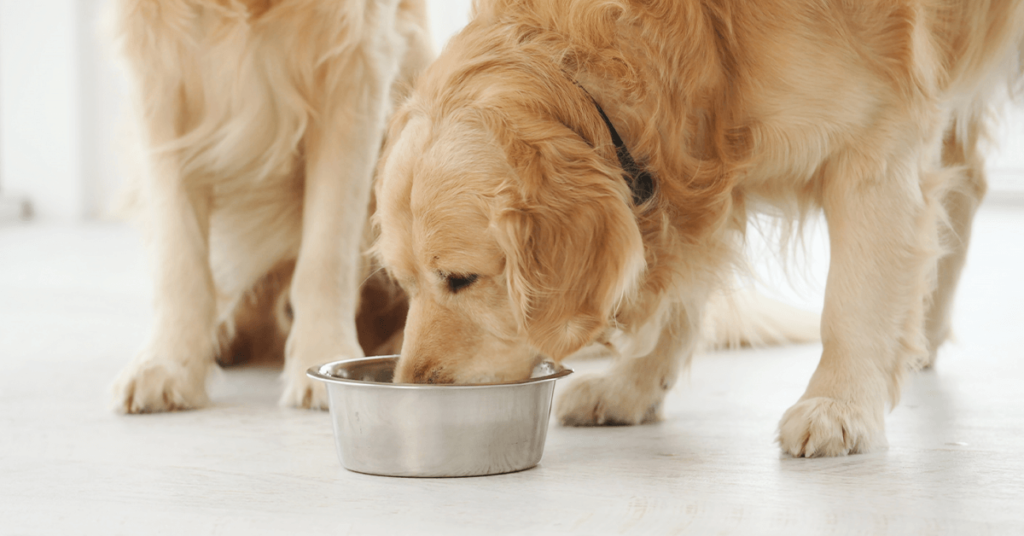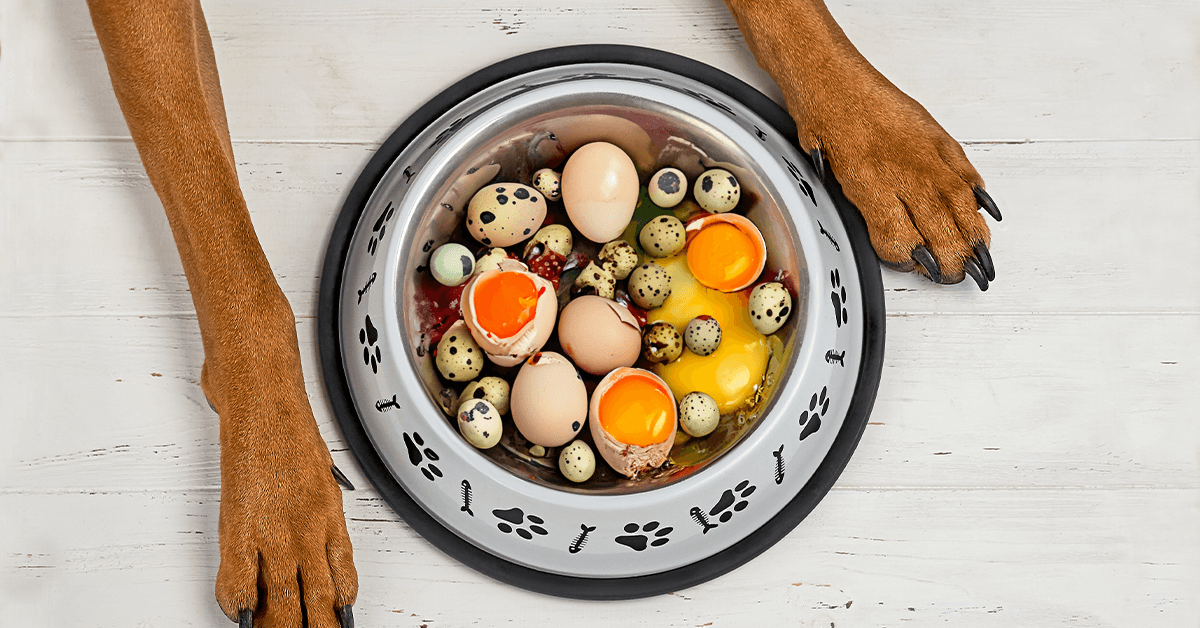The debate over feeding dogs raw eggs has been a topic of discussion among pet owners and veterinarians for years. While some advocate for raw eggs as a beneficial addition to a dog’s diet, others raise concerns about potential risks.
If you’re considering incorporating raw eggs into your dog’s diet, it’s crucial to understand both the benefits and risks involved.

The Benefits of Raw Eggs for Dogs
1. Nutritional Value
- Protein: Eggs are an excellent source of high-quality protein, essential for muscle development and overall health.
- Vitamins and Minerals: Raw eggs provide important nutrients, including Vitamin A, Vitamin B12, riboflavin, and folate, all of which support a dog’s health.
- Fatty Acids: Eggs contain beneficial fatty acids that can promote a healthy coat and skin.
2. Digestibility
- Protein Digestibility: The protein in eggs is highly digestible for dogs, which means they can efficiently utilize the nutrients from eggs.

Potential Risks of Feeding Raw Eggs to Dogs
1. Salmonella Risk
- Bacterial Contamination: Raw eggs can be contaminated with Salmonella bacteria, which can cause gastrointestinal illness in both dogs and humans. Symptoms of Salmonella infection include vomiting, diarrhea, and abdominal pain.
- Cross-Contamination: Handling raw eggs increases the risk of cross-contamination in your home, potentially affecting both pets and people.
2. Biotin Deficiency
- Avidin: Raw egg whites contain a protein called avidin that binds to biotin (a B-vitamin) and can inhibit its absorption. Although biotin deficiency is rare, it can lead to skin and coat problems if raw eggs are fed in large amounts over a long period.
3. Parasites
- Potential Parasites: Raw eggs may carry parasites that can affect dogs. Cooking eggs can kill these parasites, reducing the risk of infection.
4. Nutritional Imbalance
- Balanced Diet: While eggs can be a healthy addition to a dog’s diet, they should not replace a balanced, complete dog food. Too many eggs or an unbalanced diet can lead to nutritional imbalances.

Guidelines for Feeding Dogs Raw Eggs Safely
1. Consult Your Veterinarian
- Professional Advice: Before adding raw eggs to your dog’s diet, consult with your veterinarian. They can help you determine if it’s appropriate for your dog’s specific health needs and dietary requirements.
2. Use Fresh, High-Quality Eggs
- Source: If you decide to feed your dog raw eggs, ensure they come from a reputable source to reduce the risk of contamination. Organic or farm-fresh eggs may be less likely to carry harmful bacteria.
3. Practice Good Hygiene
- Handling: Always wash your hands and clean surfaces thoroughly after handling raw eggs to prevent the spread of bacteria.
4. Monitor for Adverse Reactions
- Observation: Start with a small amount and monitor your dog for any signs of digestive upset or allergic reactions. If any adverse symptoms occur, discontinue feeding raw eggs and consult your veterinarian.
5. Balance the Diet
- Supplement, Not a Replacement: Use raw eggs as a supplement to your dog’s balanced diet, not a replacement. They should complement a complete dog food that meets all of your pet’s nutritional needs.

Alternative Options
If you’re concerned about the risks of raw eggs but still want to provide your dog with the nutritional benefits, consider these alternatives:
1. Cooked Eggs
- Safe Option: Cooked eggs, such as scrambled or boiled eggs, are a safer choice. Cooking kills harmful bacteria and parasites while still providing the nutritional benefits of eggs.
2. Commercial Dog Foods
- Formulated Diets: Many commercial dog foods include high-quality protein sources and essential nutrients, including those found in eggs, without the risks associated with raw feeding.
3. Dog-Specific Supplements
- Nutritional Supplements: There are dog-specific supplements and treats available that provide the nutrients found in eggs, designed to be safe and balanced for canine health.
Conclusion
Feeding raw eggs to dogs can offer some nutritional benefits, but it also carries risks that should not be ignored. If you choose to include raw eggs in your dog’s diet, it’s essential to follow safety guidelines, consult with your veterinarian, and balance your dog’s overall diet. For many pet owners, cooking eggs or opting for commercial dog foods that meet nutritional needs may be a safer and more practical alternative.



